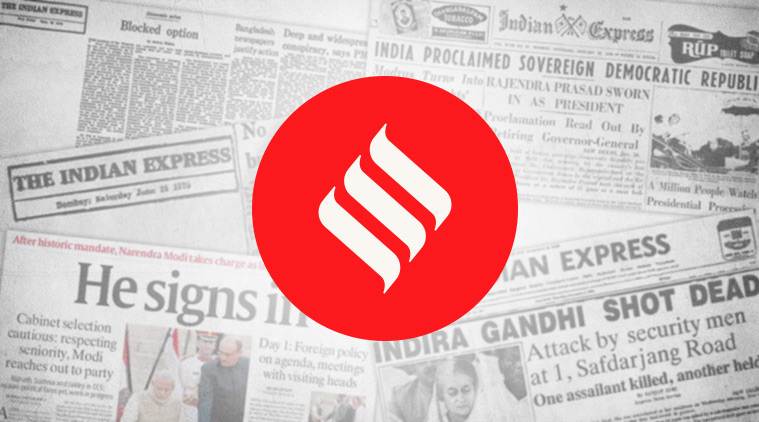
The history of communal riots in independent India is replete with instances of justice delayed and denied to the victims. The Gujarat riots of 2002 too could have followed the same pattern but for the Supreme Court’s exemplary conduct in upholding due process. Thanks to the Court, convictions could be secured in many the riot cases. The SC, after being apprised of compromised investigation leading to miscarriage of justice in many instances, had ordered fresh trial into two cases, shifted them out of Gujarat to Maharashtra, and got a special investigation team to probe nine of the worst cases of rioting, rape and murder. The Court’s action, and its diligent monitoring of the process thereafter, had the desired effect: In cases like the Gulbarg Society massacre and the Naroda Patiya killing, at least some of the perpetrators were punished even if the masterminds escaped.
In the Bilkis Bano case, where a 19-year-old woman was gang-raped and 14 of her family, including her two-year-old child, was killed, the Bombay High Court, in 2017, had upheld life sentences against 12 persons. On Tuesday, the Supreme Court ordered the Gujarat government to pay her Rs 50 lakh, provide her a job and accommodation in a place of her choice — Bano had rejected the Rs 5 lakh offered by the state government in 2017. No amount can compensate for the ordeal Bano has undergone in the past 17 years. At every step since she was assaulted and left for dead, Bano, an unlettered woman, had to fight the system for justice. In its 2017 verdict, the Bombay HC noted: “All the acts of commission and omission of the police and the medical officers cannot be examined in isolation but they are well connected with each other in a chain of suppression of facts causing disappearance of the evidence with intent to screen the offenders and save them from punishment”. She and family had to repeatedly shift residences and towns. Despite the state and system weighing against her, Bano pursued justice, with help from the National Human Rights Commission, which first took note of her plight, the apex court, and the many citizens, who pitched in with support, at various times during her journey.
After casting her vote for the first time in her life, at a booth in Devgadh Baria, a town in Gujarat, on Tuesday, Bano told this newspaper: “I trust the democratic system of our country and I trust the electoral process… I am thankful to the Supreme Court”. Bano’s words is an eloquent reminder of what the Court stands for in these contested times when it is more fashionable to celebrate the people’s court.